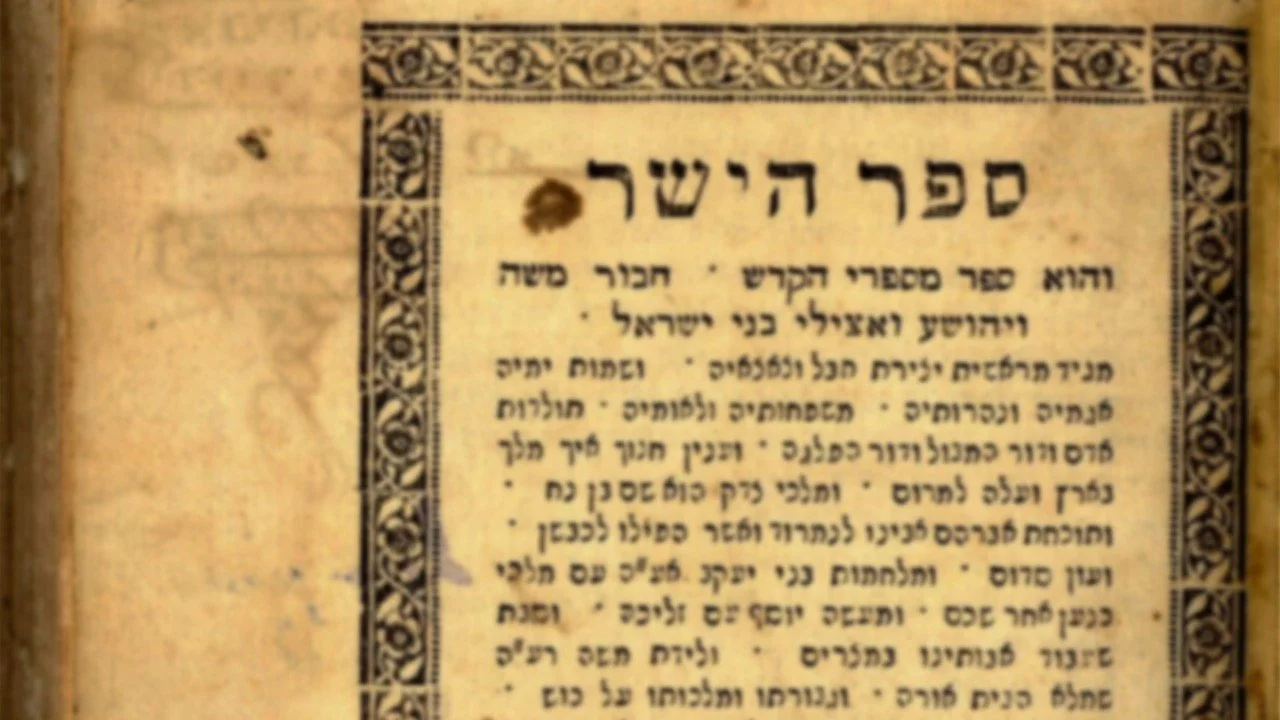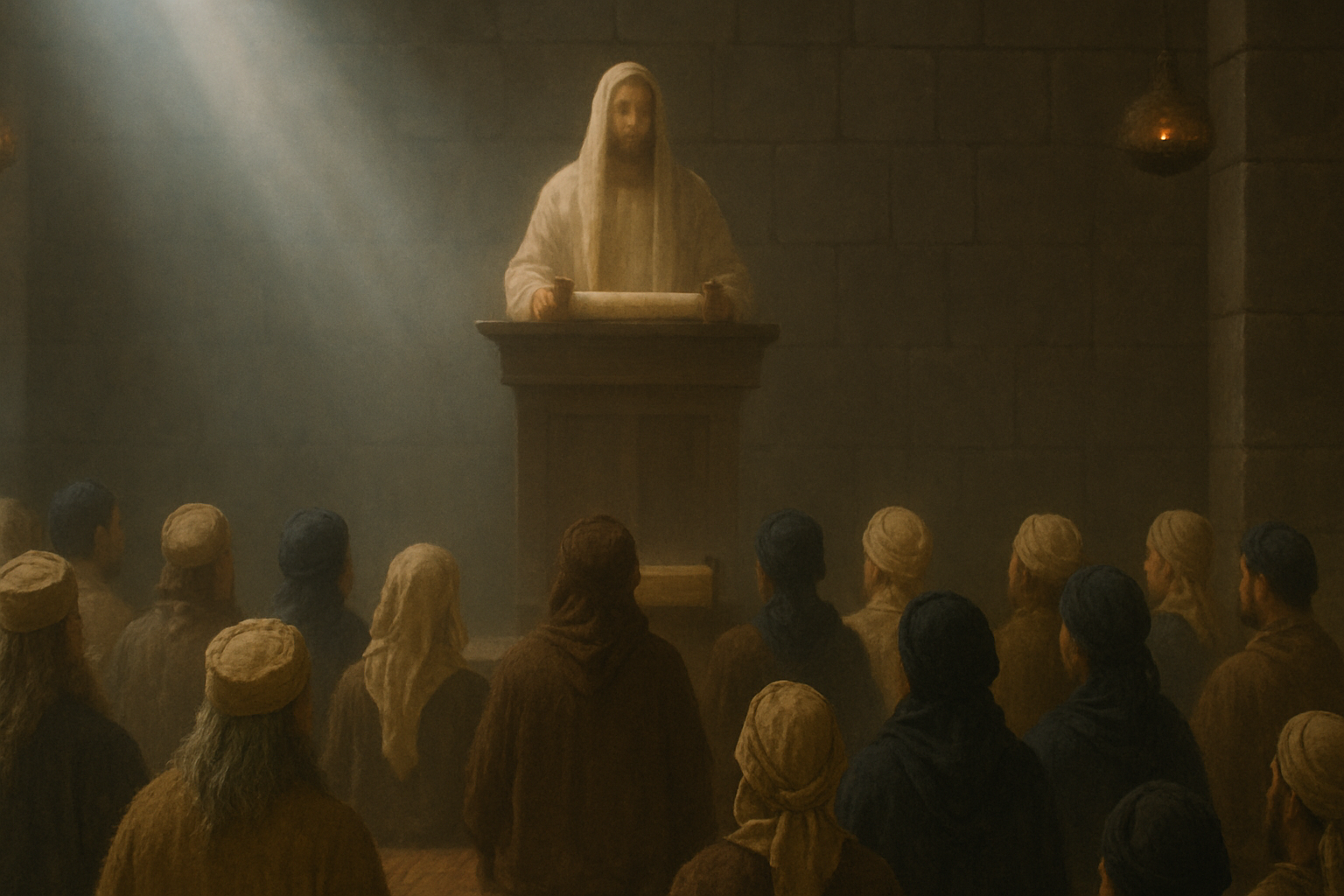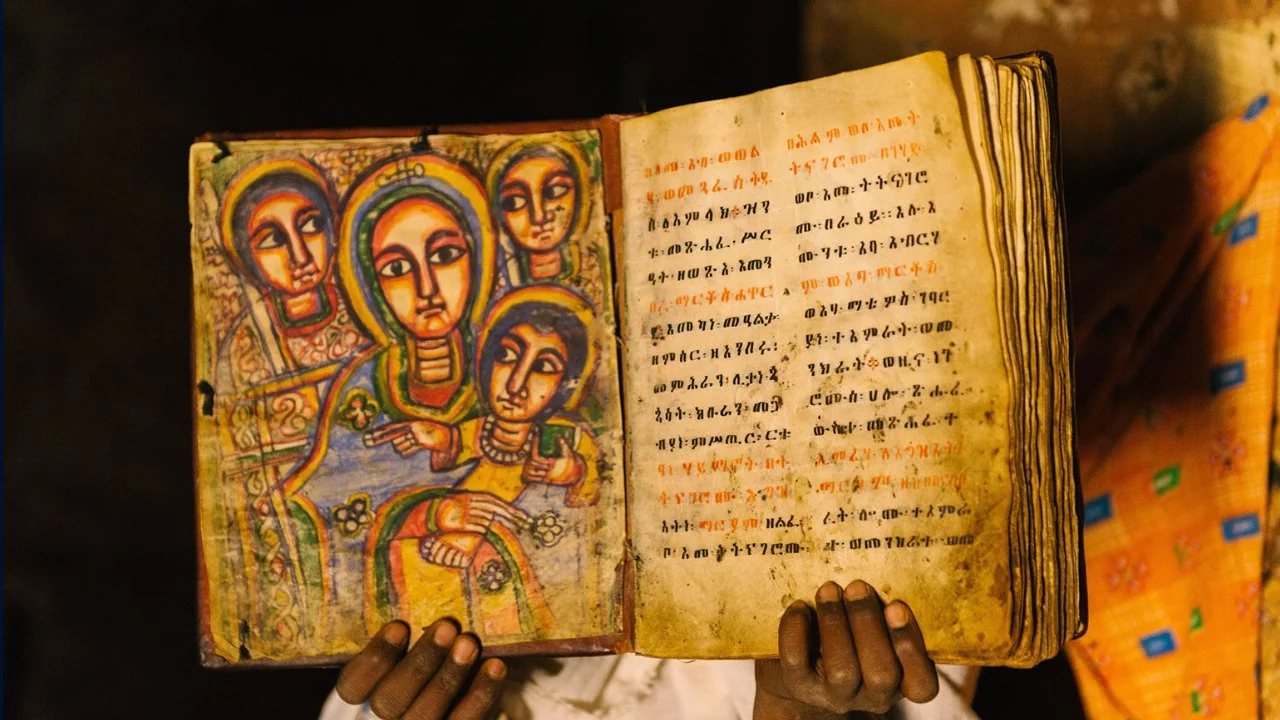Author: David Wilber
James teaches us that when we pray in faith for the sick to be healed, we can expect that they will be healed (James 5:15). However, while many of us have witnessed miraculous healing happen on occasion, it seems that most of the time the sick are not healed when we pray for them. Why? Is it due to a lack of faith? Is some unconfessed sin preventing God from healing the person? Or is there another reason?
Scripture is clear that God is about life and health for His people. Moses exhorted us to obey God and “choose life” (Deuteronomy 30:19). One of the blessings for obedience is that God will take away sicknesses and diseases (Deuteronomy 7:15). It seems clear that God’s will is that we walk in His ways for His glory and our good.
Furthermore, when we get to the New Testament, we see that Yeshua was moved by compassion to heal the sick (Matthew 9:36; 14:14; 20:34; Mark 1:41; Luke 7:13), demonstrating that life and healing are part of God’s very character. He has a profound concern for the hurting, and thus He’s deeply moved to respond to them. That’s His heart. And it’s on the basis of that deep desire of God’s heart that Yeshua commissioned His disciples to continue the mission of bringing the Kingdom to earth, which includes laying hands on the sick that they would be healed (Mark 16:18). This is a sign that will accompany “all those who believe” (Mark 16:17), not just the original apostles (Acts 8:7; James 5:15). Additionally, healing is listed as one of the spiritual gifts for the edification of the Church (1 Corinthians 12:9).
Every Bible believer should agree that God can and does heal. And every Bible believer should agree that life and health, not death and sickness, are God’s ideal will for His people—after all, in the world to come, all His people will be healed and death and pain will be no more (Revelation 21:4). This future world has already broken into our reality through Yeshua’s resurrection, thus we can expect divine healing to occur even now. But that does not entail that God will always heal the sick in this life.
Prosperity preachers claim that if you just have enough “faith,” which is often incorrectly defined as ascending to a certain level of psychological certainty, God will always bring about supernatural healing. It’s supposedly guaranteed because Christ purchased our healing when He died and rose from the grave. But if that were true, then there can be no exceptions. Judging by the experience of most believers today, divine healing is far from a 100% guaranteed result of prayer. (In fact, divine healing actually tends to be the exception!)
While Scripture is full of examples of divine healing, we also see some exceptions in Scripture too. For instance, Paul left Trophimus sick in Miletus (2 Timothy 4:20) and instructed Timothy to drink a little wine to ease his “frequent ailments” (1 Timothy 5:23). Why didn’t Paul simply pray that they be healed? Should we assume that Paul lacked faith?
The prosperity preacher might claim that God did not heal someone because of unconfessed sin. However, they should be careful making an accusation like that. The logical implication of their claim is that a person must be in sin if they are sick. But Yeshua corrected His disciples for making the assumption that a man’s blindness was because of sin (John 9:1-3). Moreover, God Himself said that Job, who suffered terrible misfortunes, including painful sores all of his body (Job 2:7), was a “blameless and upright man” (Job 1:8). After Job’s friends accused him of having some secret sin in his life, the Lord sharply rebuked them for their errant assumption (Job 42:7-9).
The simple fact is that many godly and faithful people have suffered due to illness and have even died young. God didn’t heal them. How then do we reconcile passages like James 5:15, which seem to promise divine healing, with other passages of Scripture and our experiences?
One solution might be to look at that passage as a proverb instead of as a promise. That is to say, divine healing does happen, and we can reasonably expect it to happen as the Church prays in faith for the sick. But it is not promised to happen in every situation every time. This is simply the nature of our fallen world.
For instance, obedience to God’s commandments is said to bring blessing, but as we learn from the books of Ecclesiastes and Job, righteous living is not a guarantee against pain and suffering. Nevertheless, when we do live a life of obedience, we can generally expect the result to be life and blessing.
Scripture says that when we train up our children in the way of the Lord, they will not depart from the faith when they get older (Proverbs 22:6). But many children who were raised in godly homes do abandon their faith when they get older. Nevertheless, parents who train their children in the way of the Lord can generally expect them to remain faithful to God in adulthood.
“Excellent” wives, according to Proverbs 31, can reasonably expect their husbands to praise them (Proverbs 31:28). But many husbands are jerks regardless of how excellent their wife is. Nevertheless, excellent wives can generally expect praise from their husbands.
You get the picture.
James’ instruction to pray for the sick is something that we apply with hope and expectation that God will act. But we also remember that we live in a fallen, broken world. The Messiah’s Kingdom, in which sickness and death will be abolished, has not yet fully been made manifest. Our guaranteed healing won’t take place until Yeshua returns.
Until then, we patiently endure trials, including sickness, trusting that God’s ways are higher than ours. We give thanks in the midst of our affliction, knowing that God uses our suffering to conform us into the image of His Son. We comfort those who are hurting and mourn with those who mourn. And indeed, we also pray, expecting that it’s God’s will to heal. He will heal some in this life and not others, but we still pray. Until the Kingdom comes in fullness, we will just have to trust God in the midst of that unresolved tension.
This article is an excerpt from my book, When Faith Works: Living Out the Law of Liberty According to James. Check it out here.
About David Wilber
David is first and foremost a passionate follower of Yeshua the Messiah. He is also a writer, speaker, and teacher.
David’s heart is to minister to God’s people by helping them rediscover the validity and blessing of God’s Torah and help prepare them to give an answer to anyone who asks about the hope within them (1 Peter 3:15)…













